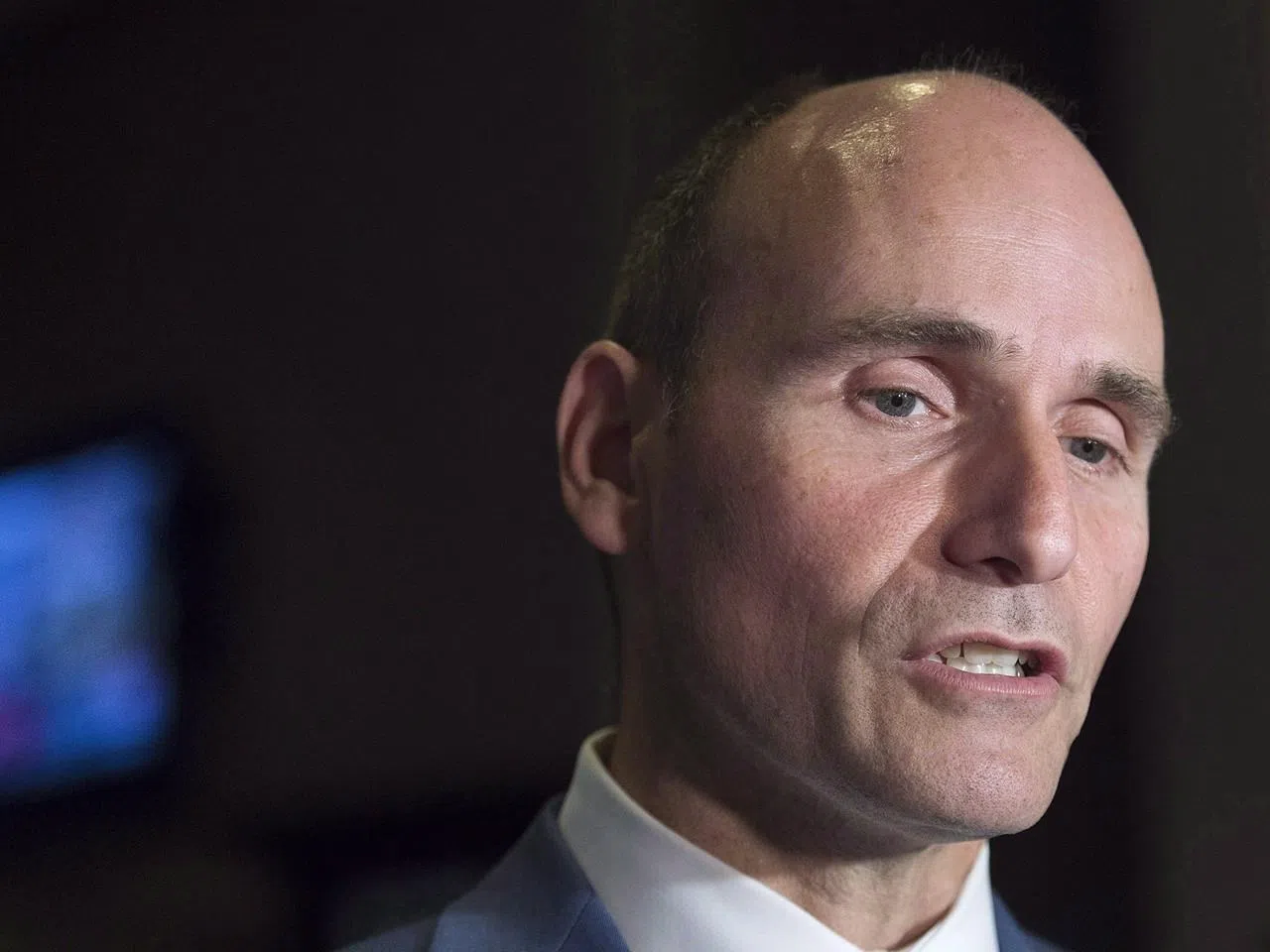
Tackling racist, sexist hurdles to be part of anti-poverty plan, Duclos says
OTTAWA — Racism and sexism help keep poor Canadians below the poverty line and are issues that must be addressed in a new anti-poverty strategy, says the minister in charge of crafting the plan.
Social Development Minister Jean-Yves Duclos said too many Canadians, for reasons beyond their control, are prevented from fully participating in their communities or in the labour market.
In an interview on Wednesday, Duclos said he recognizes that poverty can stem from growing up in a dysfunctional family, or in a neighbourhood with few supports; or from the systemic issues that face Indigenous peoples.
Combating those larger, societal challenges has been a key message to Duclos during in meetings this week on the anti-poverty strategy as the government takes its first big steps towards drafting the plan over the next year.


